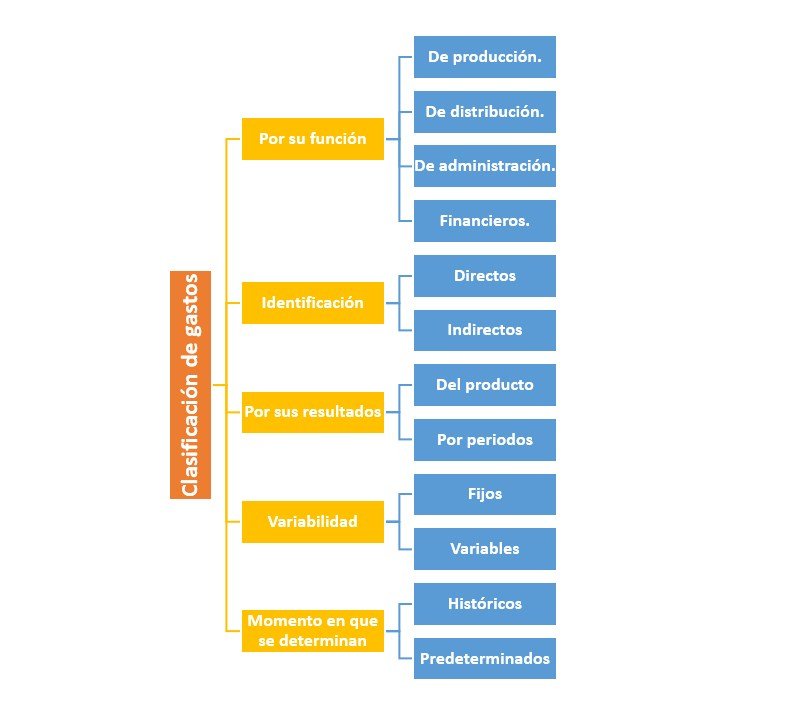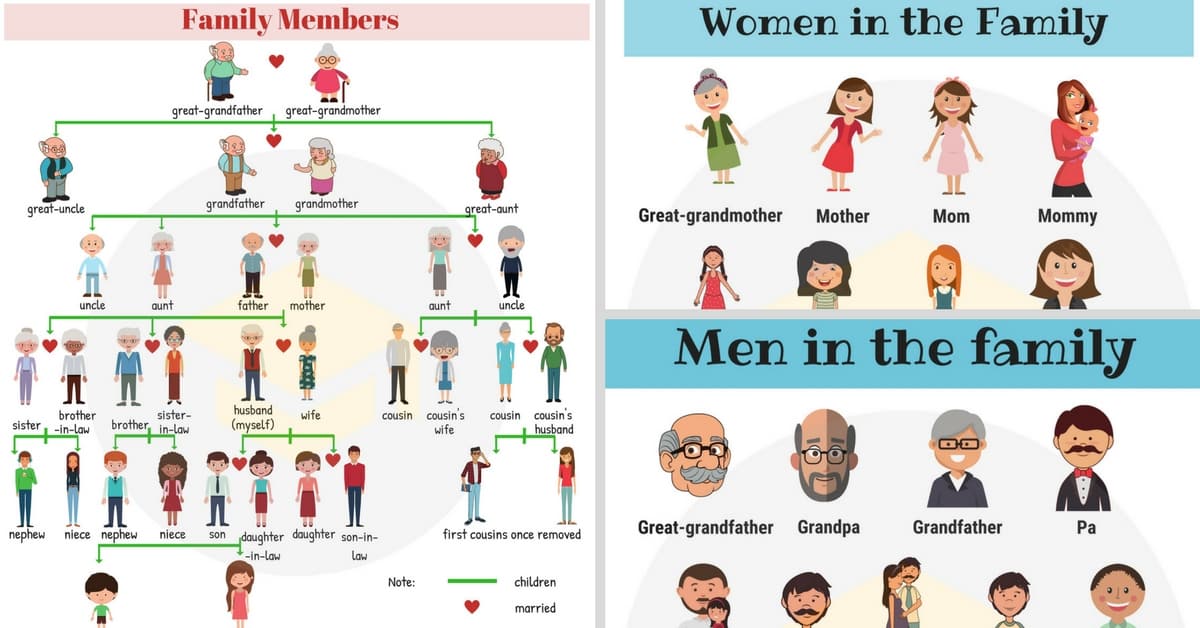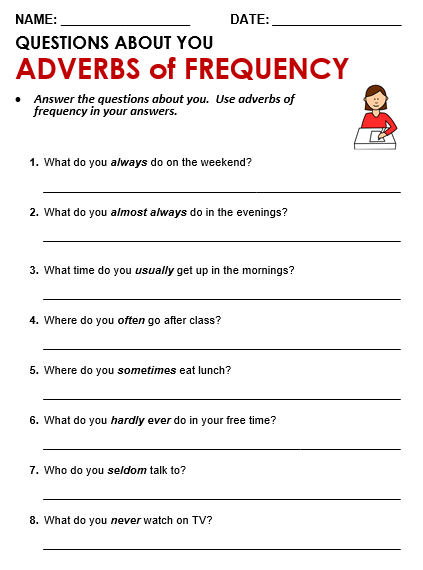SEGUNDO 06- DE OCTUBRE REFUERZO
REVISE EL MATERIAL Y REALICE LA ACTIVIDAD
MATERIA: LENGUA Y LITERATURA
SIGA EL MODELO DEL MENTEFACTO A CONTINUACIÓN, PARA QUE REALICE UN MENTEFACTO COMO ACTIVIDAD EN CLASE CON FECHA 06-10-2019
CON EL TEMA PRINCIPAL: "EL DEPORTE COMO PARTE DE LA SALUD"
https://www.lifeder.com/mentefacto/
MATERIA: INGLÈS
REVISE EL LINK CON LA INFORMACIÓN Y REALICE LA ACTIVIDAD COM0 TRABAJO EN CLASE FECHA 06-10-2019
TEMA: PRESENT PERFECT
The past participle, for regular verbs, is the same as the past simple.
EXAMPLE WITH THE VERB " LIVE"
REALICE LOS EJEMPLOS COMO LA TABLA DE ARRIBA CON LOS VERBOS
MATERIA: LENGUA Y LITERATURA
SIGA EL MODELO DEL MENTEFACTO A CONTINUACIÓN, PARA QUE REALICE UN MENTEFACTO COMO ACTIVIDAD EN CLASE CON FECHA 06-10-2019
CON EL TEMA PRINCIPAL: "EL DEPORTE COMO PARTE DE LA SALUD"
https://www.lifeder.com/mentefacto/
MATERIA: INGLÈS
REVISE EL LINK CON LA INFORMACIÓN Y REALICE LA ACTIVIDAD COM0 TRABAJO EN CLASE FECHA 06-10-2019
TEMA: PRESENT PERFECT
The present perfect is formed from the present tense of the verb have and the past participle of a verb.
We use the present perfect:
- for something that started in the past and continues in the present:
They've been married for nearly fifty years.
She has lived in Liverpool all her life.
- when we are talking about our experience up to the present:
I've seen that film before.
I've played the guitar ever since I was a teenager.
He has written three books and he is working on another one.
We often use the adverb ever to talk about experience up to the present:
and we use never for the negative form:My last birthday was the worst day I have ever had.
Have you ever met George?
Yes, but I've never met his wife.
The past participle, for regular verbs, is the same as the past simple.
| Infinitive | Past Simple | Past Participle |
|---|---|---|
| work live watch | worked lived watched | worked lived watched |
| Present Perfect | ||
|---|---|---|
| Positive | Negative | Question |
| I have lived You have lived He has lived She has lived It has lived We have lived You have lived They have lived | I haven't lived You haven't lived He hasn't lived She hasn't lived It hasn't lived We haven't lived You haven't lived They haven't lived | Have I lived? Have you lived? Has he lived? Has she lived? Has it lived? Have we lived? Have you lived? Have they lived? |
* DO
*HAVE
*PLAY



